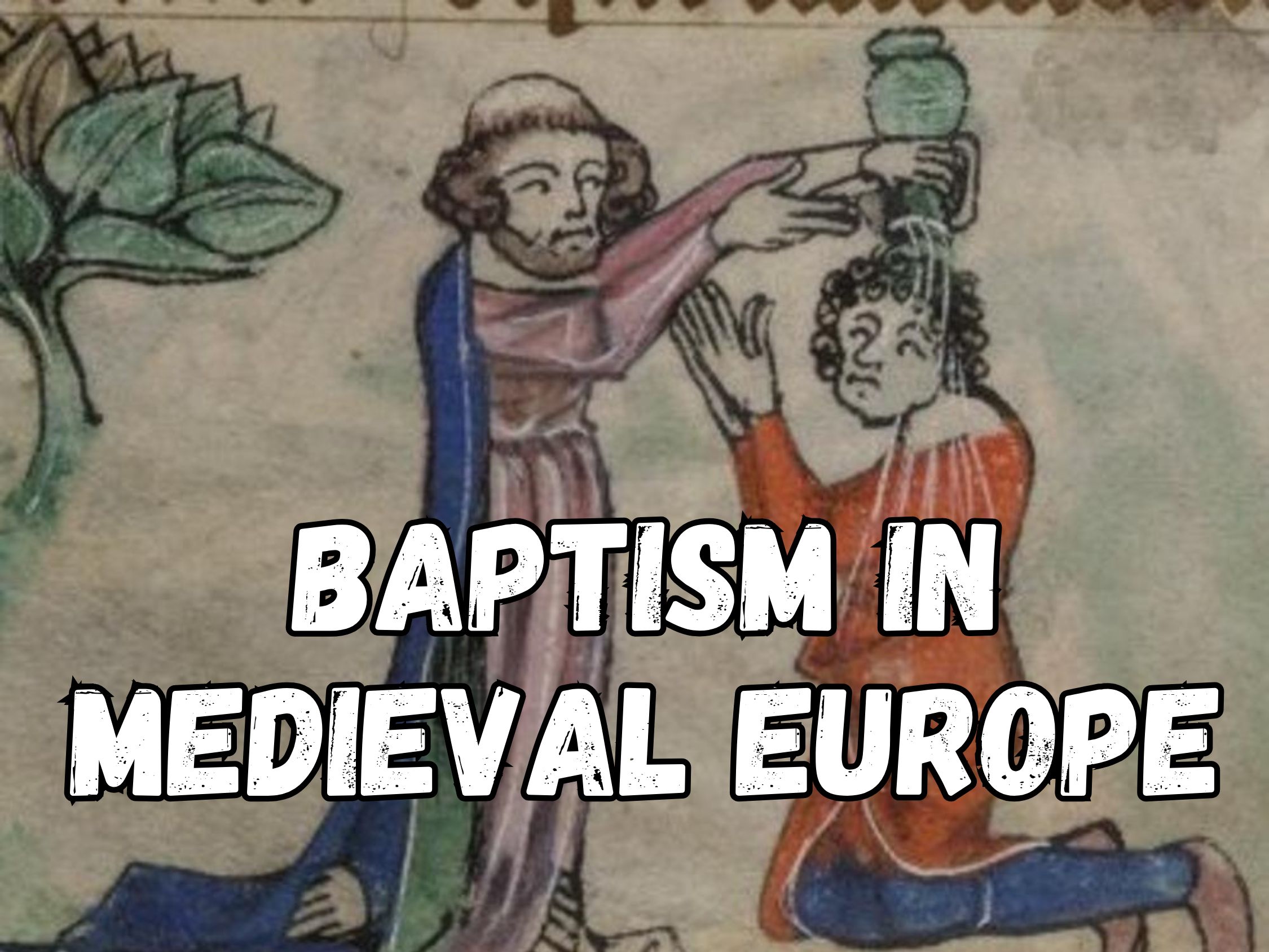
"In medieval Europe, baptism was more than a rite of passage; it marked the beginning of spiritual life and affirmed one's place within the community. Baptism was the first milestone to enlightenment and the first stage to be overcome for the populace. It was the sacrament that not only welcomed an individual into the Christian life and the life of the Church, but also admitted them into the local community;"
"To be unbaptized, on the other hand, was to live on the margins of society, suspect and despised. Unbaptized persons were indirectly perceived as excluded from the Church, and therefore as being deprived of "the grace and suffrage" of the Church, which might lead to spiritual jeopardy in both this life and the afterlife. They were subjected to social ostracization."
Baptism in medieval Europe functioned as both a spiritual initiation and a social admission. Newborns were baptized soon after birth with rituals including naming and the selection of godparents who provided religious and social guidance. The sacrament incorporated individuals into the Church and the local community, creating social identity and collective solidarity. Lack of baptism produced marginalization, suspicion, and exclusion from perceived Church grace, risking spiritual jeopardy and social ostracization. Baptism thus shaped personal trajectories, social advancement, and access to communal networks and support in medieval society.
Read at Medievalists.net
Unable to calculate read time
Collection
[
|
...
]